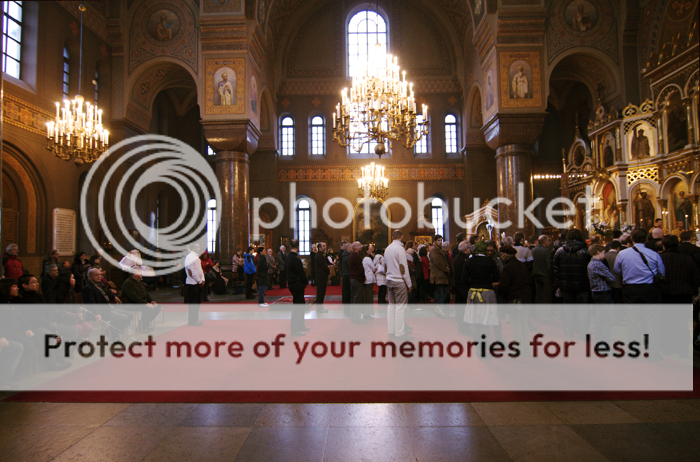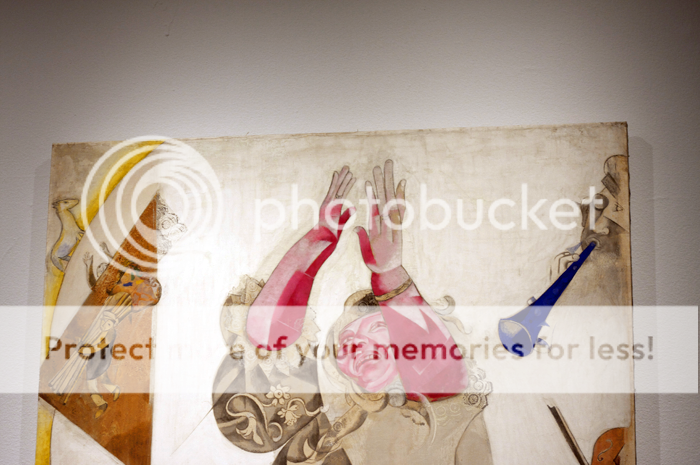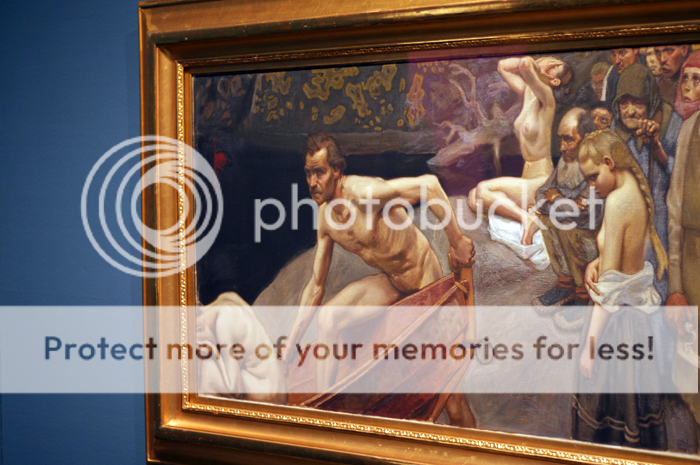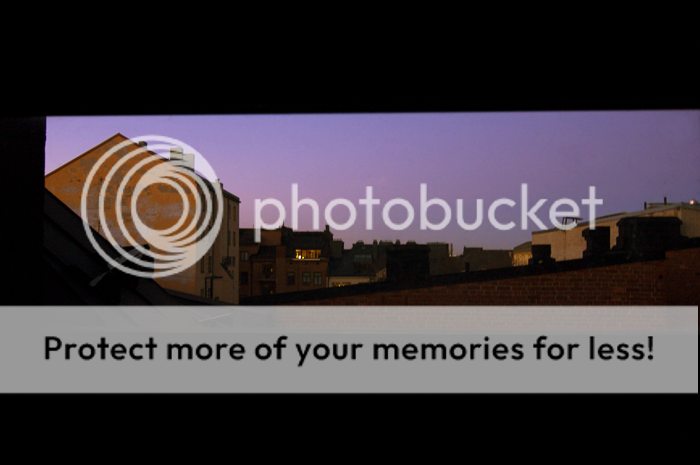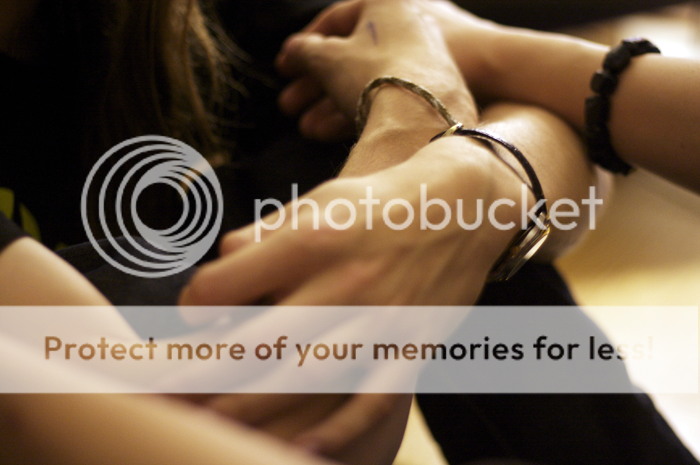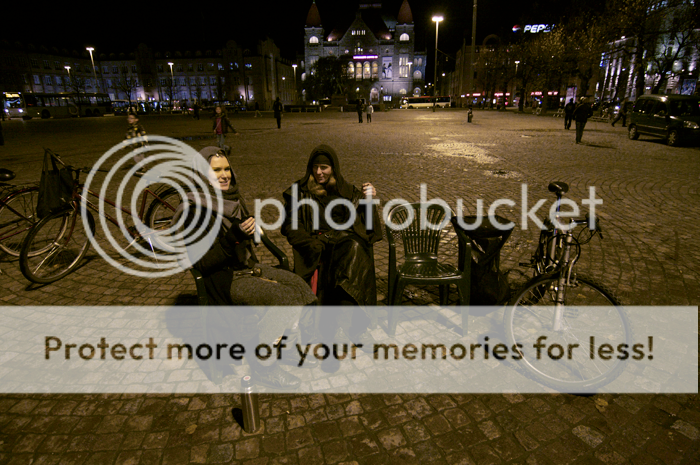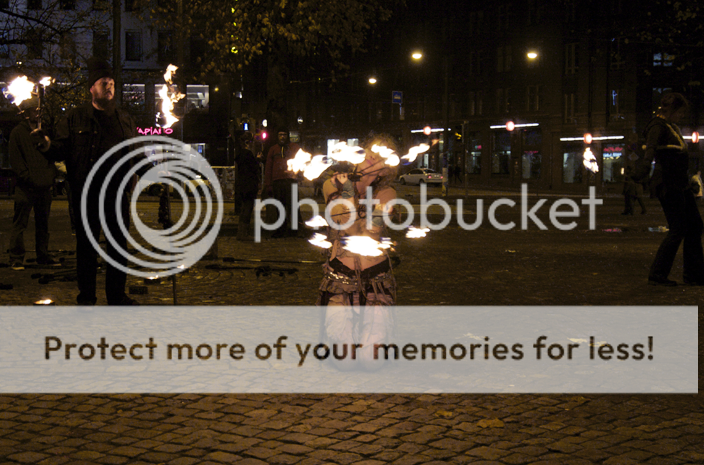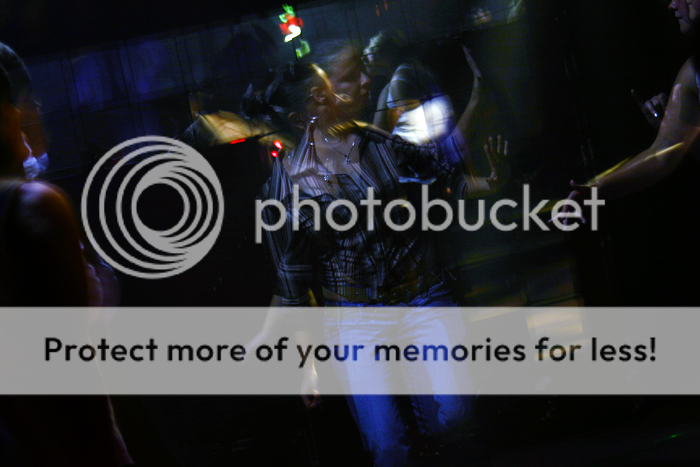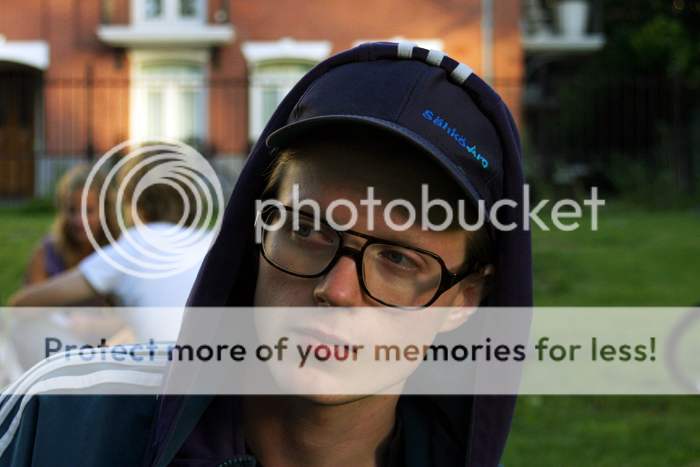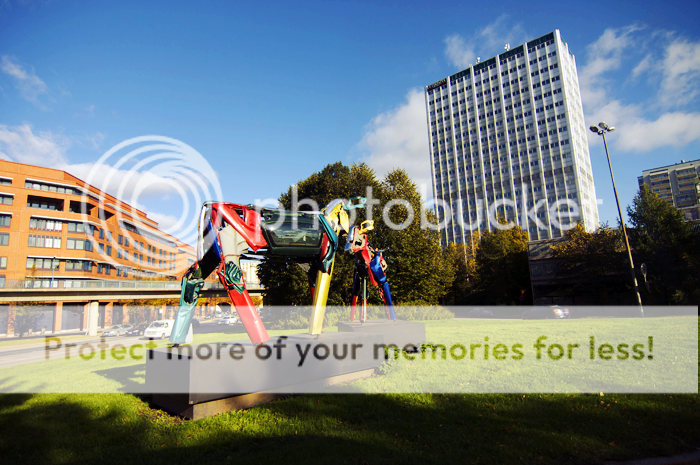11 December 2011
28 November 2011
Rain
rain sweeps over the shorelines of gulf of f-land. the month of november is nearly over, yet there has not been a sight of snow in helsinki. the moisture in the air brings with it a variety of thoughts to the many minds trapped inside rooms with high ceilings and windows overlooking the sunless sea. “I stare into the abyss and I like what I see,” many of them think.
sound of the rain falling onto the sheet metal covering the outer windowsill is the first sensation to penetrate into my awaking mind. slowly the sounds bounce off the walls to provide me with a sense of the space around me. the room is only damply lit, yet I can see the alarm clock on the floor. two thirty. my body feels as if still paralyzed over the sublimity of the dreams just seen. slightly trembling, I turn to look at her reading under the floor lamp.
“what are you doing awake?”
“I revel in this state of single-mindedness with you and everyone else, embracing the old hag trapped in my young, feline body. I am reading the words of my fellow men from the nineteenth century.”
“oh yeah?”
“oh yeah. I turned one hundred and forty-one a week ago. congratulate me.”
I stare at her and see the well-concealed signs of laughter surrounding her starry eyes, exhibiting the mysterious smile that has driven men crazy over the efforts to immortalize it on canvass. I'm not falling for this. I pick up a handful of pistachios from a bowl, place them over her open book, and move myself to sit on the windowsill behind heavy curtains.
slowly, the curtains begin to divide the space into two spheres inhabited by two distinct conscious beings. trapped in a chain of ever-altering states of mind, their thoughts cross like the air that begins to circulate in a cold flow through the room after the window is opened. on the secluded space of the windowsill, pipe smoke spreads around potted plants dying for coldness and lack of light. slowly the borders of the space fall, and even I wake up to feel the shared mind.
her mind, so overwhelmingly consumed by the dead poets, makes me gasp for the cold, moist air. enhancing the experience, I kneel down and stick my head out into the rain. “we enjoy simple things such as shared decay,” I think, and turn to face the falling rain as I blow out smoke. I feel my body relaxing, and smile at our lunacy. living in a dungeon, in pure single-mindedness. living off of the traces left behind by fellow conscious beings into writing. non-verbal communication stands out in its silence. I catch a thought of hers,
“photographs are selective recreation of reality in its toughest from. the challenge is to recreate while capturing a view from reality itself, in respect to the demands of novelty, insight and control. now and forever in a single frame.”
peeking from behind the curtains, I see her pale shoulders glow in the darkness, next to her mind spread all over the pages of the book in her hands. yet, simultaneously, she is somehow thinking about the things I should be thinking.
I recognized her immediately when I saw her, when I saw her for the first time. I recognized her from a distance, and had all the time in the world to stare at her approaching smile in a state of amazement that felt forever. that smile was mine, the reflection of my true nature. “this makes no sense,” I thought, until the touch of her made me laugh at myself for ever trusting my senses in the first place. all those thoughts that had circled in my head, trying to define the undefinable crumbled and became forgotten forever through laughter. reality is stranger than fiction, and we do love the strange.
after closing the window, I pick up my notebook and lay down on the windowsill. slowly, the sounds of the rain soothe the voices of my mind. holding a pen in my hand, I begin to write down her thoughts.
“my skin is dry. it cannot be for the winter, for this winter is still but a fall. it must be dry for creative distress. I am using a state of inspiration for purely selfish goals, writing notes for a personally gratifying artistic product instead of credit points awarding essay. heehaw, says the cowboy and runs to the sunset, leaving his horse behind. “fuck you horse! I can do this on my own!”
the beauty of post-modernism is that you can pretend to be writing up to the point of making art out of that pretension. demands very little effort, very little focus. focus is the magic ingredient of the universe. the more focused a thing is, the more amazing its effect upon whatever is. I know nothing about physics, but I've heard of intense tight spots squeezed between time and space made of amazing amounts of concentrated energy. focus. if only the definition of an artist would hold a demand for exercised focus.
the human mind is the master of distractions. it never trusts the conscious part of itself enough to let it see all the processes it is involved in. the more minimal one manages to keep the processes not aligned with whatever it is that the conscious mind wishes to focus on, the more content one is. peace of mind is met. “a state of flow,” I have heard consultants trained as philosophers say.”
suddenly she breaths out all her thoughts and ascends to focus on reading the words of some dead poet, exhibiting the very focus she thought about. I begin to hear the rain again.
the reason why I am documenting her thoughts is the effort to reveal our shared nature in words. it will be a long process, but I am quite determined to succeed. I know reality exists somewhere in between the lines, mirroring the mind which made them possible. literary works do not appear from a void. the time and energy used to cultivate thoughts of a conscious mind define the birth of words.
when I first saw her the thing I recognized was our shared nature - we are both conscious beings, like we all are. how conscious, that is the subject of a million stories. everyone seems to have a special way of being conscious, always similar to others, yet still distinct. individual. if I fall to assume things of strangers, I might miss the most important distinctive qualities of them. even rare and precious ones.
I peek to see her shoulders again, but instead meet the stare and the smile. in unison we think of a paradox,
“nobody knows me.”
19 November 2011
Origin of Klnowledge
“Over immense periods of time the intellect produced nothing but errors. A few of these proved to be useful and helped to preserve the species: those who hit upon or inherited these had better luck in their struggle for themselves and their progeny. Such erroneous articles of faith, which were continually inherited, until they became almost part of the basic endowment of the species, include the following:
that there are enduring things; that there are equal things; that there are things, substances, bodies; that a thing is what it appears to be; that our will is free; that what is good for me is also good in itself.
It was only very late that such propositions were denied and doubted - it was only very late that truth emerged, as the weakest form of knowledge. It seemed that one was unable to live with it, our organism was prepared for the opposite; all its higher functions, sense perception and every kind of sensation worked with those basic errors which had been incorporated since time immemorial. Indeed, even in the realm of knowledge these propositions became the norms according to which “true” and “untrue” were determined - down to the most remote regions of logic.
Thus: the strength of knowledge does not depend on its degree of truth but on its age, on the degree to which it has been incorporated, on its character as a condition of life. Where life and knowledge seemed to be at odds there was never any real fight; but denial and doubt were simply considered madness. Those exceptional thinkers, like the Eleatics, who nevertheless posited and clung to the opposites of the natural errors, believed that it was possible to live in accordance with these opposites:
they invented the sage as the man who was unchangeable and impersonal, the man of the universality of intuition who was One and All at the same time, with a special capacity for his inverted knowledge; they had the faith that their knowledge was also the principle of life.
But in order to claim all of this, they had to deceive themselves about their own state: they had to attribute to themselves, fictitiously, impersonality and changeless duration; they had to misapprehend the nature of the knower; they had to deny the role of the impulses in knowledge; and quite generally they had to conceive of reason as a completely free and spontaneous activity; they shut their eyes to the fact that they, too, had arrived at their propositions through opposition to common sense, or owing to a desire for tranquility, for sole possession, or for dominion.
The subtler development of honesty and skepticism eventually made these people, too, impossible; their ways of living and judging were seen to be also dependent upon the primeval impulses and basic errors of all sentient existence.
This subtler honesty and skepticism came into being wherever two contradictory sentences appeared to be applicable to life because both were compatible with the basic errors, and it was therefore possible to argue about the higher or lower degree of utility for life; also wherever new propositions, though not useful for life, were also evidently not harmful to life: in such cases there was room for the expression of an intellectual play impulse, and honesty and skepticism were innocent and happy like all play.
Gradually, the human brain became full of such judgements and convictions, and a ferment, struggle, and lust for power [Machtgelüst] developed in this tangle. Not only utility and delight but every kind of impulse took sides in this fight about “truths”; the intellectual fight became an occupation, an attraction, a profession, a duty, something dignified - and eventually knowledge and the striving for the true found their place as a need among other needs.
Henceforth not only faith and conviction but also scrutiny, denial, mistrust, and contradiction became a power, all “evil” instincts were subordinated to knowledge, employed in her service, and acquired the splendor of what is permitted, honored, and useful - and eventually even the eye and innocence of the good.
Thus knowledge became a piece of life itself, and hence a continually growing power: until eventually knowledge collided with these primeval basic errors, two lives, two powers, both in the same human being. The thinker: that is now that being in whom the impulse for truth and those life-preserving errors clash for the first fight, after the impulse for truth has proved to be also a life-preserving power.
Compared to the significance of this fight, everything else is a matter of indifference: the ultimate question about the conditions of life has been posed here, and we confront the first attempt to answer this question by experiment. To what extent can truth endure incorporation?
That is the question, that is the experiment.”
It was only very late that such propositions were denied and doubted - it was only very late that truth emerged, as the weakest form of knowledge. It seemed that one was unable to live with it, our organism was prepared for the opposite; all its higher functions, sense perception and every kind of sensation worked with those basic errors which had been incorporated since time immemorial. Indeed, even in the realm of knowledge these propositions became the norms according to which “true” and “untrue” were determined - down to the most remote regions of logic.
Thus: the strength of knowledge does not depend on its degree of truth but on its age, on the degree to which it has been incorporated, on its character as a condition of life. Where life and knowledge seemed to be at odds there was never any real fight; but denial and doubt were simply considered madness. Those exceptional thinkers, like the Eleatics, who nevertheless posited and clung to the opposites of the natural errors, believed that it was possible to live in accordance with these opposites:
they invented the sage as the man who was unchangeable and impersonal, the man of the universality of intuition who was One and All at the same time, with a special capacity for his inverted knowledge; they had the faith that their knowledge was also the principle of life.
But in order to claim all of this, they had to deceive themselves about their own state: they had to attribute to themselves, fictitiously, impersonality and changeless duration; they had to misapprehend the nature of the knower; they had to deny the role of the impulses in knowledge; and quite generally they had to conceive of reason as a completely free and spontaneous activity; they shut their eyes to the fact that they, too, had arrived at their propositions through opposition to common sense, or owing to a desire for tranquility, for sole possession, or for dominion.
The subtler development of honesty and skepticism eventually made these people, too, impossible; their ways of living and judging were seen to be also dependent upon the primeval impulses and basic errors of all sentient existence.
This subtler honesty and skepticism came into being wherever two contradictory sentences appeared to be applicable to life because both were compatible with the basic errors, and it was therefore possible to argue about the higher or lower degree of utility for life; also wherever new propositions, though not useful for life, were also evidently not harmful to life: in such cases there was room for the expression of an intellectual play impulse, and honesty and skepticism were innocent and happy like all play.
Gradually, the human brain became full of such judgements and convictions, and a ferment, struggle, and lust for power [Machtgelüst] developed in this tangle. Not only utility and delight but every kind of impulse took sides in this fight about “truths”; the intellectual fight became an occupation, an attraction, a profession, a duty, something dignified - and eventually knowledge and the striving for the true found their place as a need among other needs.
Henceforth not only faith and conviction but also scrutiny, denial, mistrust, and contradiction became a power, all “evil” instincts were subordinated to knowledge, employed in her service, and acquired the splendor of what is permitted, honored, and useful - and eventually even the eye and innocence of the good.
Thus knowledge became a piece of life itself, and hence a continually growing power: until eventually knowledge collided with these primeval basic errors, two lives, two powers, both in the same human being. The thinker: that is now that being in whom the impulse for truth and those life-preserving errors clash for the first fight, after the impulse for truth has proved to be also a life-preserving power.
Compared to the significance of this fight, everything else is a matter of indifference: the ultimate question about the conditions of life has been posed here, and we confront the first attempt to answer this question by experiment. To what extent can truth endure incorporation?
That is the question, that is the experiment.”
18 November 2011
10 November 2011
08 November 2011
05 November 2011
Conversing with time
I walk down the spiraling staircase from the common balcony. the corners of the dimly lit corridors of the art nouveau building guide me to the door of the apartment number 23. I breathe in, and enter the donjon. I am going to have a conversation with time.
“there's nothing in it for me to be socially accepting. I am after nothing. I see
something that draws me or has the capacity to in a way 'use' me and I
am all in.
if
I would be after something, searching for something, hunting for
something - which I've done in the past - I receive nothing. I know it's illogical in a sense, but that's my
experience. when I am selfless and care not of myself but just shed all
doubts when something summons me up, things happen as they are in a
sense supposed to happen. people become enlightened, healed, mesmerized,
whatever, and I feel I serve a purpose that suits me.
that's
one difference between me and saralakali I've thought a lot about.
throughout past months it has come up in our conversations, when she's
been all over the place with her mind, begging for something to drag her
to her senses again. she has the, rather common I'd say, issue of having her
ego take as a part of itself the enlightenment she's progressing
towards - meaning, that her ego bathes in the prospect of everything to
gain: the social status, the
magical capacities, the sense of 'being special,' all of that. I have
non of it, never have had. I'm sort of allergic to it - it contradicts
something I've learned on this path early on. can't pin point what.”
“between time and space is the heart of identity...”
“yes, that was a big realization indeed. don't remember the extent of that, need to think about it... ah yes, it was the final point to which all the documentation led, from which it stemmed from, the spot where the snake bites its own tail.”
“I was just wondering at the image of a snake biting its own tail. it's
an odd one. which is to say, does a snake ever actually bite its own
tail? and why would it want to do that? I suspect that snakes never bite
their own tail since it would be purposeless. oops! does that speak
poorly of the metaphor? I say that because as I understood it the snake
biting its tail was a symbol of the rothschilds and their plan for world
domination, ie. one world government.“yes, that was a big realization indeed. don't remember the extent of that, need to think about it... ah yes, it was the final point to which all the documentation led, from which it stemmed from, the spot where the snake bites its own tail.”
no? It's just one of those symbols I mistrust.”
“ach, I think the symbol is waaaaaay older and if it is tied to the rothschilds then I'd be interested to hear who coined it first. originally snake symbolized wisdom. snake biting its own tail then becomes a symbol of the wisdom being of and stemming from itself, being an endless loop without any touch to the external. I'd say, off the top of my head.”
“yeah, but still, inherent within the metaphor is a thing that never
happens. you know what I mean? I prefer the unadorned circle. there's no
misuse in that.”“ach, I think the symbol is waaaaaay older and if it is tied to the rothschilds then I'd be interested to hear who coined it first. originally snake symbolized wisdom. snake biting its own tail then becomes a symbol of the wisdom being of and stemming from itself, being an endless loop without any touch to the external. I'd say, off the top of my head.”
“a thing that never happens - if you would have to guess how often a human being finds wisdom within himself, would you guess it's a thing that never happens? I'd guess out of the billions the percentage would be pretty close to representing at least an unlikely event.”“to put it another way, the snake is used not because snakes bite themselves and thus become wise, clearly they don't, rather the maker of the metaphor has an idea and then searches around looking for something to express it. and the snake biting itself was the best he could come up with.
and he does so not because of anything inherent within snakes and biting (of their own selves in particular) but in spite of the aforementioned.
you know what I mean? and this inaptness of the symbol then leads me to
wonder at the idea that went searching for one and effectively failed. I
wonder to myself, how could it fail with such an obvious and simple
idea? and I wonder if the obvious and simple idea isn't in fact, um...
'not so'. maybe there's a falsity to it? like there's a falsity to its
symbol (ie. no such natural entity as a self-biting snake exists)?
don't
get your back up over this. It's just me wondering at a thing from a
very fundamental level. given that everything is spun with 99% truth and
a crucial 1% attached to it to otherwise corrupt it, I wonder if that
might not be going on with ouroboros?”
“well, I'd say that as a symbol it ties into wisdom. when wisdom bites itself, keeping in mind that wisdom as such is attainable with a conscious mind, then we can be that loop of wisdom without a need for external stimuli, or whatever external. plus, if I remember correctly the snake eating its own tail is a metaphor that has existed in several cultures, independent of each others - that disputes the idea of a single person and his logical structures behind it. probably there were many. and like all symbols, they have developed through time. what's essential about them can always be discussed, but never known.
“well, I'd say that as a symbol it ties into wisdom. when wisdom bites itself, keeping in mind that wisdom as such is attainable with a conscious mind, then we can be that loop of wisdom without a need for external stimuli, or whatever external. plus, if I remember correctly the snake eating its own tail is a metaphor that has existed in several cultures, independent of each others - that disputes the idea of a single person and his logical structures behind it. probably there were many. and like all symbols, they have developed through time. what's essential about them can always be discussed, but never known.
also,
the snake as a symbols has co-existed in many cultures with the dragon.
a dragon is a non-existent creature. something that is non-existent is
as such an important symbol. for me it symbolizes that which we do not
know inherently, but what we need to cultivate from ourselves. this
relates to our capacity for enlightenment. nobody becomes enlightened by
accident. symbols that reach out of this world symbolize it.”
“dragons existed mate. they were called dinosaurs. I've always found
that interesting that so many disparate cultures should feature a
creature that existed before humans did and which theoretically they
couldn't possibly have known about. weird huh?”“dinosaurs weren't dragons. they didn't breathe fire or were they giant
snakes flying through the air like the air were ether.”“there were flying dinosaurs. pterodactyls. the birds are descended from them.”
“yes, but they still have nothing to do with the symbolical meaning of
the dragon. it is a representation, a refined thought. when something is
refined to be a symbol it always has more to it than nothing that has
existed as such. they work similarly as do all great works of art.”
“still, it's interesting. dragons are clearly lizards of tremendous size
and dinosaurs were precisely the same thing. that is kind of spooky.”
“dragons are more than just lizards of tremendous size. in the nordic
mythology there are snakes of tremendous size. us mammals, we are
baffled by those others that sizzle.”
“anyway... for me, whether I ever pull it off or not, I would actually like to arrive at a position where all these symbols are rendered superfluous. I think they're all too complicated. they're fraught. they seem to represent one thing and also its opposite. the further I go, the more convinced I am that an unbroken circle is the only symbol worth having. to a certain extent, rather than have the idea and then go searching for a less than perfect symbol, I want to find the perfect symbol and then see if it can't lead me to where I want to go. I wonder if that will work? I shall roll it around in my head.”
“depends what you want out of the symbols. if you want them to do
something for you then you expect something on the line of infallibility
of meaning from them. if you just appreciate their existence and know
that as such they've worked to reflect things from our shared
reality to billions of conscious minds throughout history, the issue of
yours ceases to be altogether - especially if you remember that meaning
is always under the domination of the mind, of the consciousness seeing
any given symbol. once a symbol is drawn, there is no-one who dominates
it. it is as it is, in a static state, from which a conscious mind and
another will draw what they will.
some
say there's something in symbols that tap to the subconscious. all I
can say to them is that they're painting devils onto the walls of their minds.”
“no, the thing is, the metaphor is imperfect. we wouldn't be able to
argue about it otherwise. where I'm coming from is that thing I wrote a
while back about symbols, the word, in the beginning was the word, and
the word was god. okay so as far as I'm concerned the word is a lie. I
want to ditch it. certainly symbols. everything is impeachable and
everything is corruptible. in that case I'm up for ditching it.
I want to strip things back to nothing and see what that looks like. this is mad I know and the only end point is with me as a naked, starving, gibbering saddhu. hell not even a saddhu, just an idiot. I don't know. those jails in sweden look pretty good...”
“I use twisting and ridiculing up to the point of showing to myself and others that the meaning of words and symbols comes down to the consciousness perceiving them. which is true of course. if you want to see what's behind symbols, well, that's in the moment beyond time and space kinda thing. I've sort of concluded to myself that language is a product of the ego - there's no language in the higher spheres.
and,
I remember plato had a thought on that line, what with him being big on
the 'world of ideas' lingering out there somewhere as it is commonly,
falsely, interpreted.”
“umm... can't remember. tell me more.”
“plato, and some of his contemporaries, thought that the soul of man
originates from the 'true reality,' and after becoming trapped into the
body it forgets all it has known before. according to them, through the
process of anamnesis one can remember and 'see' the ideas that
represent eternal truths. it is unclear to me whether, on plato's
opinion, there existed any language in this 'true reality' or not.
perhaps plato saw the use of language unimportant in the higher spheres,
for what does one need to communicate in a sphere where everything is
known by everyone?”
“hmm... very good, but did plato ever make it there do we know? I
suspect not. he didn't get there and I'm on a fool's errand but
whatever. in the meantime I'm sort of packing (which is to say throwing
things away) as if I was going. particularly stuff I don't need. and
especially stuff (going with the travel metaphor now) that will get me
held up by the airport security. I can explain to them that it's just a
knife and a very useful thing and the fact that others have misused it
and harmed people with it doesn't mean all knives are bad etc. etc. etc.
but me on this trip, I don't want anything to hold me down. if it isn't
perfect I ditch it.
mind you, I can already see the errors in that metaphor. do you want to shoot it down or will I?”
“you do, I marvel.”
“well, in this case I have it arse about with the airport security guy.
the symbols I want to ditch on account of being misused by villains
would equate to him having those things and insisting I use them. I'm the one who says they're bad and that I shouldn't have them.
no wait, it's more interesting than that.
forget
the posited truth whereby 'terrorists are bad and we must stop them.'
there are no terrorists apart from manufactured ones. the death cult
likes terrorists. the more the better. they want me to have a knife. the
knife / the ouroboros / the black vs white / the hegelian dialect, all
of it, it suits them utterly. by using it, their corrupted and
corruptible models, I become the person they want. of course they can
fight me. but if I shed all of those things I can become untouchable.
kind of thing. It's a thought...”
“yes, but that is a thought stemming from the polarization itself - can't you see it?”
“me: not yet.”
“and what was plato to make of it? if we view him as a 'priest,' meaning that his aims were ethereal, we'll never know. we cannot know of the paths from this sphere to the higher ones before we've walked them ourselves. they can be 'represented' in language but never will they be transferred through it. the paths can only be experienced. if we view plato as a warrior, he definitely did make it - he has been immortal in words for two thousand years already.
“and what was plato to make of it? if we view him as a 'priest,' meaning that his aims were ethereal, we'll never know. we cannot know of the paths from this sphere to the higher ones before we've walked them ourselves. they can be 'represented' in language but never will they be transferred through it. the paths can only be experienced. if we view plato as a warrior, he definitely did make it - he has been immortal in words for two thousand years already.
now
this all comes down to you and me and the old priest / warrior
division. I get your point about ditching the symbols for the
advancement of your path on the priest's track. but here on the warrior
side of things I am content to play with the cards that have been thrown
onto the table long time ago. I can't get rid of them. I could get rid
of them only internally, but that's your path, not mine. so I will do
what I wish to do with them. and that's my fuck you for the death
cult. whatever anyone wishes to use a symbol or a word for, I will have e a meaning of my own.
ditching something because it has been misused is but an illusion from the warrior perspective. being untouchable from such misuses is sticking one's head in the sand kind-of-a-thing, but ok of course if one wishes to walk the path in solitude, mindless of others. I've come to realize in the past week that part of my path is to live as I live for the benefit of others, helping them see the arbitrariness of whatever. I can't do that if I throw away the deck of cards they play with.”
“yeah I get it. in the meantime I use the symbols. I use buddha. I
use darwin. and I declare them my buddha, and my darwin. so I'm still
there. I'm sort of pre-packing, kind of thing.
otherwise you mention warrior and I immediately think of a man with a
sword in his hand. and throwing the sword away will not necessarily
save you. it will just make you fight easier. but that's only because he
hasn't gone the whole hog, so to speak. that means becoming a priest.
did you ever see the killing fields? there's a crazy scene in it
with these cambodian soldiers waving guns at everyone with lots of
screaming and terror and no idea of who's going to get shot when
suddenly this line of priests walks right through the middle of the
whole thing and everyone stops and shuts up and lets them. mind you,
it's just a movie. I expect that the khmer rouge shot all the priests.
so my point is... I don't know. the truth is I have no idea what I'm
doing.”
“there's all sorts of imagery on warriors. the way I see them has nothing to do with the stereotypical wavers of swords. being a warrior is about refining the ego. part of it is studying languages, concepts, symbols and such, and making one's own opinion of them, forming them to be part of a structure of one's own creation. which as a process and in its results stands to object all systems ever made to dominate the minds of men. that's the defining principle of a warrior.
“there's all sorts of imagery on warriors. the way I see them has nothing to do with the stereotypical wavers of swords. being a warrior is about refining the ego. part of it is studying languages, concepts, symbols and such, and making one's own opinion of them, forming them to be part of a structure of one's own creation. which as a process and in its results stands to object all systems ever made to dominate the minds of men. that's the defining principle of a warrior.
the
priest path for me is the one which aims at transcending the ego
altogether, leaving it behind as an unnecessary drag.
which it is of course, if one wishes to ascend to whatever. I sort of
don't. I'm quite humble that way. but,
as it is said it the oldest scriptures of buddhism, both the paths lead
to the same state of enlightenment. both are part of the process of
refining the soul, too complex for me to grasp but as a process it rings true to me.
me: it's been a while since I said this but you are a goddamn genius. tell me why the priest and the warrior can't be the same thing. don't they both give up the ego?”
“they are merely the sides of the same coin, respectfully. on the warrior path the ego is not given up - it is taken control of, dominated, driven. I realized a couple of years back that that's what I have to do. I was amidst of all the documenting when the realization came to me, somehow. the mind is like a car that can be driven or just left to go on autopilot. the priests just get off the car, slowly but surely, thus becoming happy and egoless. I aim at becoming such a skilled driver I don't even notice myself to drive, and be egoless in that way.”
“they are merely the sides of the same coin, respectfully. on the warrior path the ego is not given up - it is taken control of, dominated, driven. I realized a couple of years back that that's what I have to do. I was amidst of all the documenting when the realization came to me, somehow. the mind is like a car that can be driven or just left to go on autopilot. the priests just get off the car, slowly but surely, thus becoming happy and egoless. I aim at becoming such a skilled driver I don't even notice myself to drive, and be egoless in that way.”
30 October 2011
23 October 2011
14 October 2011
Subscribe to:
Comments (Atom)












